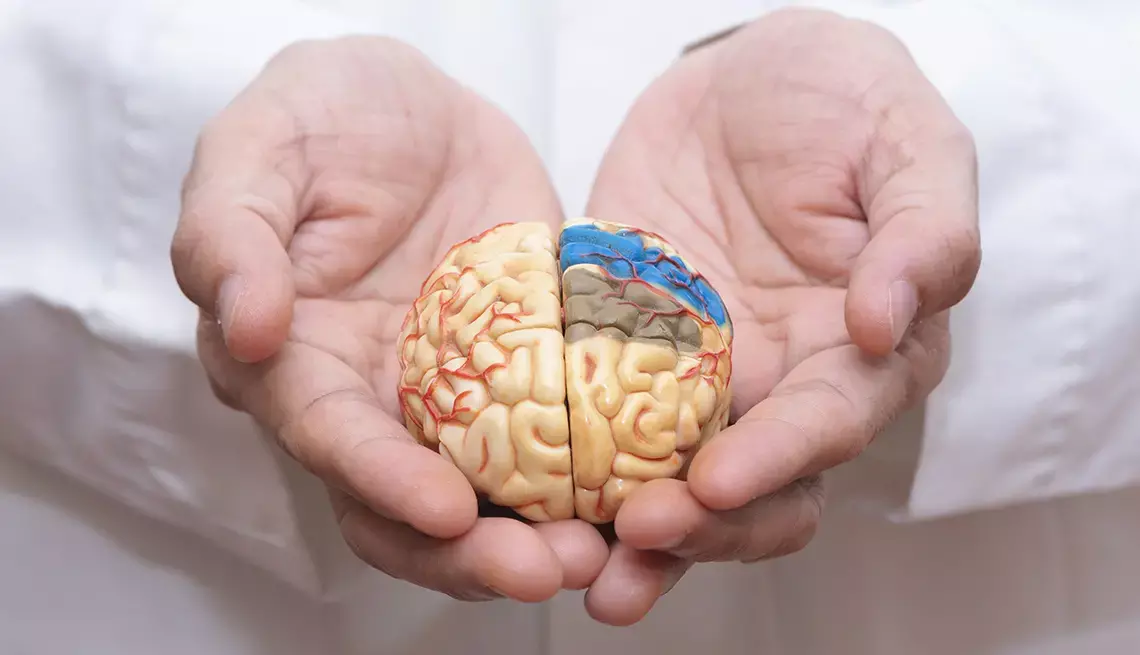- Home
- Medical news & Guidelines
- Anesthesiology
- Cardiology and CTVS
- Critical Care
- Dentistry
- Dermatology
- Diabetes and Endocrinology
- ENT
- Gastroenterology
- Medicine
- Nephrology
- Neurology
- Obstretics-Gynaecology
- Oncology
- Ophthalmology
- Orthopaedics
- Pediatrics-Neonatology
- Psychiatry
- Pulmonology
- Radiology
- Surgery
- Urology
- Laboratory Medicine
- Diet
- Nursing
- Paramedical
- Physiotherapy
- Health news
- Fact Check
- Bone Health Fact Check
- Brain Health Fact Check
- Cancer Related Fact Check
- Child Care Fact Check
- Dental and oral health fact check
- Diabetes and metabolic health fact check
- Diet and Nutrition Fact Check
- Eye and ENT Care Fact Check
- Fitness fact check
- Gut health fact check
- Heart health fact check
- Kidney health fact check
- Medical education fact check
- Men's health fact check
- Respiratory fact check
- Skin and hair care fact check
- Vaccine and Immunization fact check
- Women's health fact check
- AYUSH
- State News
- Andaman and Nicobar Islands
- Andhra Pradesh
- Arunachal Pradesh
- Assam
- Bihar
- Chandigarh
- Chattisgarh
- Dadra and Nagar Haveli
- Daman and Diu
- Delhi
- Goa
- Gujarat
- Haryana
- Himachal Pradesh
- Jammu & Kashmir
- Jharkhand
- Karnataka
- Kerala
- Ladakh
- Lakshadweep
- Madhya Pradesh
- Maharashtra
- Manipur
- Meghalaya
- Mizoram
- Nagaland
- Odisha
- Puducherry
- Punjab
- Rajasthan
- Sikkim
- Tamil Nadu
- Telangana
- Tripura
- Uttar Pradesh
- Uttrakhand
- West Bengal
- Medical Education
- Industry
Angiotensin receptor blockers reduce dementia progression in hypertensive patients: AHA

China: A new study published in the journal Hypertension showed that angiotensin receptor blockers were related to a decreased risk of dementia development in adults with hypertension and moderate cognitive impairment when compared to angiotensin-converting enzyme (ACE) inhibitors and other kinds of antihypertensive medications (AHMs).
Previous research revealed that hypertension drugs that affect the renin-angiotensin system may slow the progression from moderate cognitive impairment to dementia. It is unknown, however, if this relationship differs across angiotensin-converting enzyme inhibitors and angiotensin receptor blockers. The angiotensin hypothesis, which proposes that the renin-angiotensin system has a role in brain function, was recently presented. Medications that boost angiotensin-mediated activity at the angiotensin II and IV receptors (e.g., ARBs) may give superior brain protection to those that decrease activity at these receptors (eg, ACE inhibitors)
Zhenhong Deng conducted a retrospective cohort analysis in the Alzheimer's Disease Neuroimaging Initiative with 403 individuals who had baseline hypertension and mild cognitive impairment. Angiotensin-converting enzyme (ACE) inhibitors, beta-blockers, calcium channel blockers, and diuretics were among the AHMs identified throughout the follow-up period. In the time to event analysis, Cox proportional hazards models adjusted for relevant confounders were applied, with dementia progression as the outcome.
The key findings of this study were as follows:
1. The mean age of the 403 participants was 74.0 years, 152 (37.7%) were female, and 158 (39.2%) developed dementia over a median follow-up duration of 3.0 years.
2. Angiotensin-converting enzyme inhibitors (ACE inhibitors), other types of AHMs (beta-blockers, diuretics, calcium channel blockers; adjusted hazard ratio, 0.49), and none of AHMs (adjusted hazard ratio, 0.31).
In conclusion, the findings of this study may have substantial therapeutic consequences, although they still demand additional research in bigger prospective cohorts or clinical trials.
Reference:
Deng, Z., Jiang, J., Wang, J., Pan, D., Zhu, Y., Li, H., Zhang, X., Liu, X., Xu, Y., Li, Y., Tang, Y., & Alzheimer's Disease Neuroimaging Initiative†. (2022). Angiotensin receptor blockers are associated with a lower risk of progression from mild cognitive impairment to dementia. Hypertension. https://doi.org/10.1161/HYPERTENSIONAHA.122.19378
Neuroscience Masters graduate
Jacinthlyn Sylvia, a Neuroscience Master's graduate from Chennai has worked extensively in deciphering the neurobiology of cognition and motor control in aging. She also has spread-out exposure to Neurosurgery from her Bachelor’s. She is currently involved in active Neuro-Oncology research. She is an upcoming neuroscientist with a fiery passion for writing. Her news cover at Medical Dialogues feature recent discoveries and updates from the healthcare and biomedical research fields. She can be reached at editorial@medicaldialogues.in
Dr Kamal Kant Kohli-MBBS, DTCD- a chest specialist with more than 30 years of practice and a flair for writing clinical articles, Dr Kamal Kant Kohli joined Medical Dialogues as a Chief Editor of Medical News. Besides writing articles, as an editor, he proofreads and verifies all the medical content published on Medical Dialogues including those coming from journals, studies,medical conferences,guidelines etc. Email: drkohli@medicaldialogues.in. Contact no. 011-43720751


